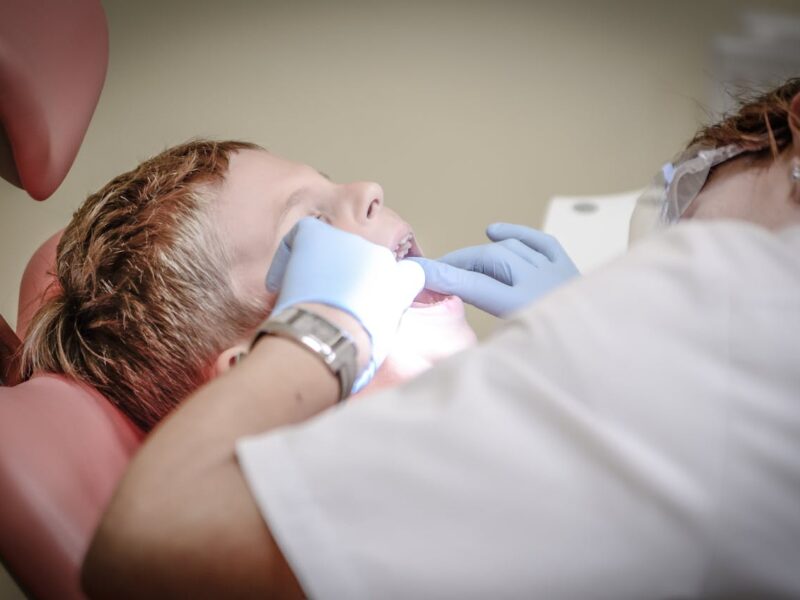Medical care in care homes is a critical aspect of ensuring the well-being and comfort of residents. Many seniors who move into care homes have complex medical needs, and it’s essential to have comprehensive healthcare services in place to address these requirements. This blog will explore the medical care provided in care homes, including what happens when a resident needs to be transferred to a hospital, ongoing medical needs, access to doctors, and other essential aspects of healthcare management.
- Hospital Transfers
In some cases, residents in care homes may require hospitalization due to acute medical conditions or emergencies. Care home staff act swiftly to ensure the resident’s safety and well-being when this happens. They coordinate with emergency services, provide initial medical care on-site, and arrange for the resident to be transported to the hospital. Families are notified promptly, and the resident’s medical records and medications are sent along to ensure continuity of care.
- Ongoing Medical Needs
Many residents in care homes have chronic medical conditions that require ongoing management. Care home staff like those at mavernhouse.co.uk are trained well and collaborate closely with healthcare experts to develop tailored care strategies for every resident. These comprehensive plans encompass the management of medications, routine health evaluations, vigilant tracking of vital signs, and any essential medical interventions. This approach ensures that residents receive the necessary care while benefiting from the comfort and assistance provided within their care home surroundings.
- Access to Doctors
Residents in care homes have access to medical care through on-site healthcare providers or regular visits from healthcare professionals, including doctors and nurse practitioners. These healthcare professionals assess residents’ health, prescribe medications, and provide medical advice. Telemedicine services may be available in some care homes, allowing residents to consult with healthcare providers remotely for non-emergency medical concerns.
- Medication Management
Medication management is always crucial in care homes. Trained staff members are responsible for caring for and administering medications to residents as prescribed by healthcare providers. Medication administration is closely monitored to ensure accuracy and adherence to the prescribed regimen. Regular medication reviews and adjustments are made as needed to maintain residents’ health.
- Preventive Care
Preventive care is a significant focus in care homes to help residents maintain their health and well-being. This includes regular health assessments, vaccinations, and early screenings to detect health issues. Preventive care measures also extend to promoting a healthy lifestyle through balanced nutrition and exercise programs tailored to residents’ abilities.
- End-of-Life Care
For residents with terminal illnesses or those in the final stages of life, care homes offer compassionate end-of-life care. Palliative care services are provided to manage pain and symptoms, and emotional and spiritual support is offered to both residents and their families. The goal is to ensure that residents experience a peaceful and dignified end to their lives surrounded by care and support.
- Care Coordination
Care coordination is critical to ensure that residents’ medical needs are met seamlessly. Care home staff collaborate with healthcare providers, therapists, and specialists to ensure that residents receive the appropriate care and therapies, such as physical therapy, occupational therapy, or speech therapy. Regular communication and care planning meetings help maintain a holistic approach to resident care.
Conclusion
Medical care in care homes is a multifaceted and comprehensive endeavor to meet residents’ diverse and evolving healthcare needs. From managing acute medical conditions and providing ongoing care to facilitating access to doctors, medication management, preventive care, and end-of-life support, care homes are dedicated to ensuring the health and well-being of their residents. By offering a range of medical services within the comfortable and supportive care home environment, residents can enjoy a high quality of life while receiving the care they need.



